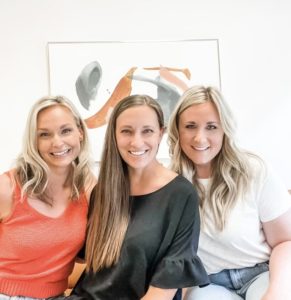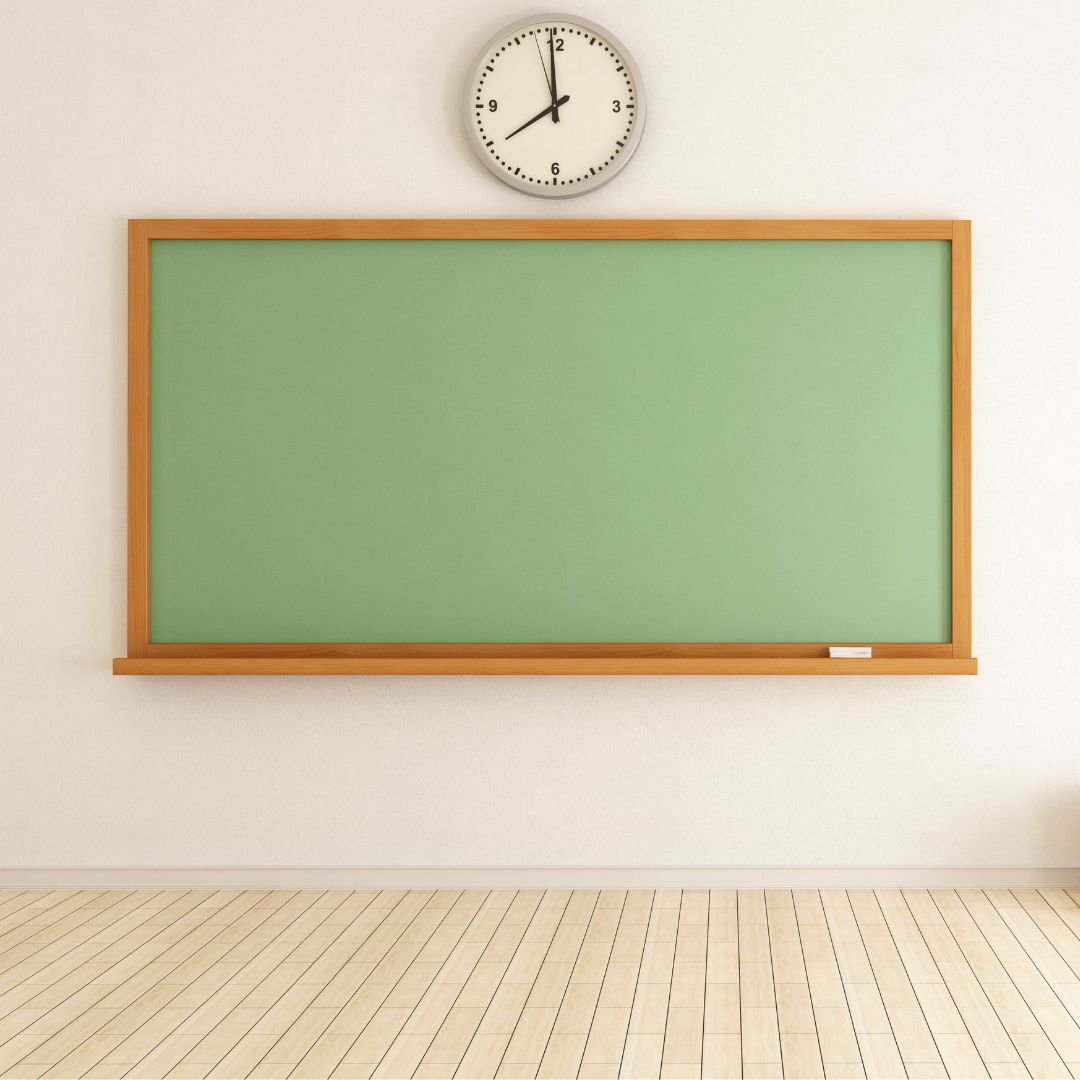Do you have concerns about your child’s ability to process information? Do you ever feel like you are talking, and they aren’t really “listening” to what you are saying? Many parents have heard of Auditory Processing Disorder, but the symptoms can be hard to pin down – especially when autism, ADHD, or a language disorder are involved. To help clarify this complex diagnosis, we have gone to an expert in the field of hearing – Dr. Lindsay Cockburn, a pediatric audiologist in Los Angeles, California. Thank you, Lindsay, for sharing your expertise about auditory processing disorder! We are so happy to feature your knowledge on the blog today.
What is auditory processing?
Hearing is perceiving that sound is present. Listening is an active process that involves paying attention to what is heard. Auditory Processing is making sense of what you are listening to. Auditory Processing involves the brain using prior knowledge, experiences, and language skills to give sounds and speech meaning. It is a complex process where the brain deciphers what sounds are more important, so you can focus on the person you’re talking to and better understand what they are saying than the people talking to each other behind you.
What is auditory processing disorder?
Auditory Processing Disorder (APD) is a range of hearing and listening difficulties not due to hearing loss or cognitive impairments. A person with auditory processing disorder has normal hearing but difficulty understanding speech, especially in the presence of background noise. APD can be diagnosed by an audiologist, ideally as part of an interdisciplinary team of specialists. The audiologist completes a battery of tests aimed at exhausting the auditory centers of the brain, looking for specific challenges. Based on test results, they can then recommend school accommodations, communication strategies, and assistive listening devices that can help the child function better in their everyday life.
What are the signs of Auditory Processing Disorder?
The most common signs of APD are:
- Difficulty understanding speech in background noise
- Asking for repetition or saying “What?” or “Huh?” often
- Difficulty following auditory-only directions
- Academic challenges
- Kids who have a history of recurrent ear infections are more at-risk for APD
How can my child be evaluated for Auditory Processing Disorder?
The first step in an APD evaluation is a standard hearing evaluation by an audiologist. A “hearing test” done at school or a doctor’s office is only a screening, so it’s essential to have a complete diagnostic hearing evaluation done.
Once the audiologist has established that hearing is normal, they can recommend APD testing. Many audiologists (even pediatric audiologists) do not perform APD testing, so it’s common to be referred to an additional clinic or the school district’s educational audiology team for an APD evaluation. A hearing test can be completed on a child at any age. Still, an APD evaluation requires sustained attention and the ability to repeat back words and sentences clearly, so most audiologists will not perform evaluations on kids younger than 5-7 years old.
Although psychologists, speech-language pathologists, and occupational therapists may have screening measures for auditory processing abilities, it’s important to remember that an APD evaluation is a set of complex calibrated listening tests that must occur in a soundproof booth. Psychologists, speech language pathologists, and OTs are important interdisciplinary team members and can provide important insight that can help diagnose APD.

What can be done for a child with Auditory Processing Disorder?
The first step that can be done, which will benefit anyone, is using good communication strategies. As a parent, model these strategies by:
- Taking the time to stop what you’re doing and look at your child when they are speaking to you
- Before giving your child directions, say their name and give them a tactile cue like touching their arm or a tap on the shoulder
- Wait until they turn around and look at you, and then pause one more second before giving directions; this way, your child is ready to listen, and you will repeat yourself less
- When possible, move away from background noise or turn it down (close doors and windows, mute the TV, turn off a running sink, etc.) before trying to communicate.
- If you have a big family with the TV on as background noise, I’d recommend getting everyone wireless headphones that can connect to the TV.
Examples of School-Based Accommodations for APD
- One of the best and most effective recommendations is using an FM/DM system. The teacher wears a microphone, and the child wears an earpiece that delivers the sound wirelessly to the earpiece. This makes the teacher’s voice clearer and helps reduce noise, distance, and reverberation problems. The child will continue to hear their classmates but can hear the teacher with less effort. The most popular system in current use is the Phonak Roger Focus.
- At school, the educational audiologist can train the classroom teacher and child’s team about APD and good communication strategies.
- The teacher should try their best to face the class when they speak and not instruct while writing on the board.
- Teachers can repeat answers other children give if the information was missed the first time.
- Background noise can be reduced by increasing the soft surfaces in the room (acoustically treated ceiling tiles, high pile area rugs, wall tapestries) that can help absorb noise and reduce reverberation.
- Using visual cues like a written schedule for the day on the board and giving homework assignments in writing can be helpful.
- Captions should be turned on for all videos.
- The child should be able to complete standardized testing in a quiet room away from other children.
- A designated “note taker” can give the child a copy of their notes to focus more intently on what the teacher is saying.
- A “bell buddy” can tap the child on the shoulder when it’s time to come in from outdoor activities like recess or PE.
- More recently, some adults with severe APD and even a few children have been fitted with hearing aids with a small amount of amplification to help them listen more easily. These people have “normal hearing,” but the slight volume boost helps them understand what is being said.
Can an autistic or ADHD child be diagnosed with Auditory Processing Disorder?
Autism, ADHD, and Auditory Processing Disorder have overlapping signs and symptoms. People with autism process sound differently, resulting in not responding to their name or being sensitive to loud sounds. They also have communication difficulties because they process speech and language differently than neurotypical peers. Listening and auditory processing both require attention and focus. When a person with ADHD thinks about something else, their brain can struggle to switch back into active listening mode, so they often miss the first part of what someone said or sometimes the entire message. This is where working as an interdisciplinary team comes in handy – so that all the experts can come together and ensure they are treating the correct disorder.
Many communication strategies and school accommodations for APD can also help people with Autism and ADHD. People with Autism and ADHD often receive speech therapy at schools, and speech language pathologists can work with teachers to incorporate strategies to help with listening skills.

Lindsay Cockburn is a pediatric audiologist in Los Angeles, CA. She started her pediatric audiology blog Listen With Lindsay to make information about hearing, technology, and education more accessible to everyone. You can follow her on Instagram @ListenWithLindsay for more tips.
Thank you, Lindsay! We are so grateful for your expertise in this area and for this incredible explanation of this complex issue.
If your child is diagnosed with ADHD, check out our online course, Creating Calm. We break down tools and strategies to help you raise a happy and independent child with ADHD.
Have a wonderful week,
Lori, Katie, and Mallory







[…] asked me to collaborate on a blog post with them about Auditory Processing Disorder! The blog post “What every parent needs to know about Auditory Processing Disorder” breaks down what is auditory […]